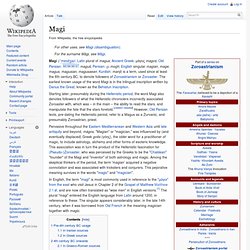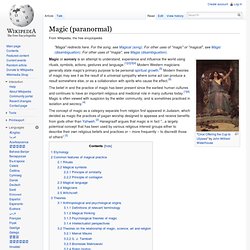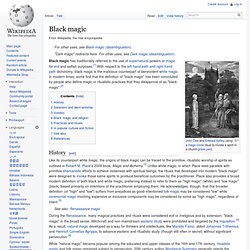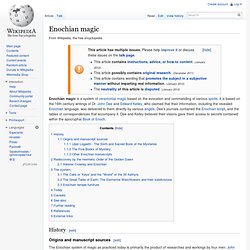

Magi. Magi (/ˈmeɪdʒaɪ/; Latin plural of magus; Ancient Greek: μάγος magos; Old Persian: 𐎶𐎦𐎢𐏁 maguš, Persian: مُغ mogh; English singular magian, mage, magus, magusian, magusaean; Kurdish: manji) is a term, used since at least the 6th century BC, to denote followers of Zoroastrianism or Zoroaster.

The earliest known usage of the word Magi is in the trilingual inscription written by Darius the Great, known as the Behistun Inscription. Starting later, presumably during the Hellenistic period, the word Magi also denotes followers of what the Hellenistic chroniclers incorrectly associated Zoroaster with, which was – in the main – the ability to read the stars, and manipulate the fate that the stars foretold.
[citation needed] However, Old Persian texts, pre-dating the Hellenistic period, refer to a Magus as a Zurvanic, and presumably Zoroastrian, priest. Pre-4th century BC usage[edit] In Iranian sources[edit] In Greek sources[edit] 4th century BC onwards[edit] In Graeco-Roman sources[edit] Magic (paranormal) Magic or sorcery is an attempt to understand, experience and influence the world using rituals, symbols, actions, gestures and language.[1][2][3][4] Modern Western magicians generally state magic's primary purpose to be personal spiritual growth.[5] Modern theories of magic may see it as the result of a universal sympathy where some act can produce a result somewhere else, or as a collaboration with spirits who cause the effect.[6] The belief in and the practice of magic has been present since the earliest human cultures and continues to have an important religious and medicinal role in many cultures today.[7][8] Magic is often viewed with suspicion by the wider community, and is sometimes practiced in isolation and secrecy.[4] The word "magic" derives via Latin magicus from the Greek adjective magikos (μαγικός) used in reference to the "magical" arts of the Persian Magicians (Greek: magoi, singular mágos, μάγος), the Zoroastrian astrologer priests of the ancient Persian Empire.

Black magic. History[edit] Like its counterpart white magic, the origins of black magic can be traced to the primitive, ritualistic worship of spirits as outlined in Robert M.

Place's 2009 book, Magic and Alchemy.[3] Unlike white magic, in which Place sees parallels with primitive shamanistic efforts to achieve closeness with spiritual beings, the rituals that developed into modern "black magic" were designed to invoke those same spirits to produce beneficial outcomes for the practitioner.
Place also provides a broad modern definition of both black and white magic, preferring instead to refer to them as "high magic" (white) and "low magic" (black) based primarily on intentions of the practitioner employing them. He acknowledges, though, that this broader definition (of "high" and "low") suffers from prejudices as good-intentioned folk magic may be considered "low" while ceremonial magic involving expensive or exclusive components may be considered by some as "high magic", regardless of intent.[3] Enochian magic.
History[edit] Origins and manuscript sources[edit] The Enochian system of magic as practiced today is primarily the product of researches and workings by four men: John Dee, Edward Kelley, Samuel Liddell MacGregor Mathers and Aleister Crowley.

In addition, the researches of Dr Thomas Rudd, Elias Ashmole, Dr William Wynn Westcott and Israel Regardie were integral to its development.[1] The raw material for the Enochian magical system was "dictated" through a series of Angelic communications which lasted from 1582-1589. Dee and Kelley claimed they received these instructions from angels. This account of the Angelic communications is taken at face value by most Enochian occultists. Liber Logaeth - The Sixth and Sacred Book of the Mysteries[edit] The Liber Logaeth (Book of the Speech of God)(aka The Book of Enoch aka Liber Mysteriorum, Sextus et Sanctus -The Sixth (and Sacred/Holy) Book of the Mysteries)(1583); is preserved in the British Museum as Sloane ms 3189. 1) MS.